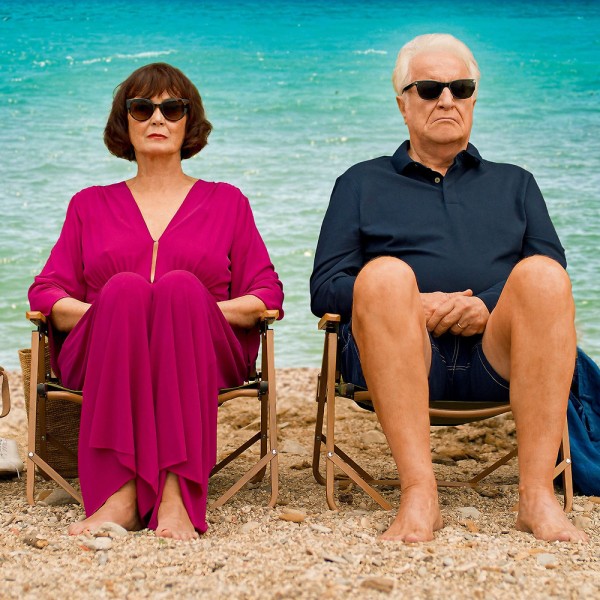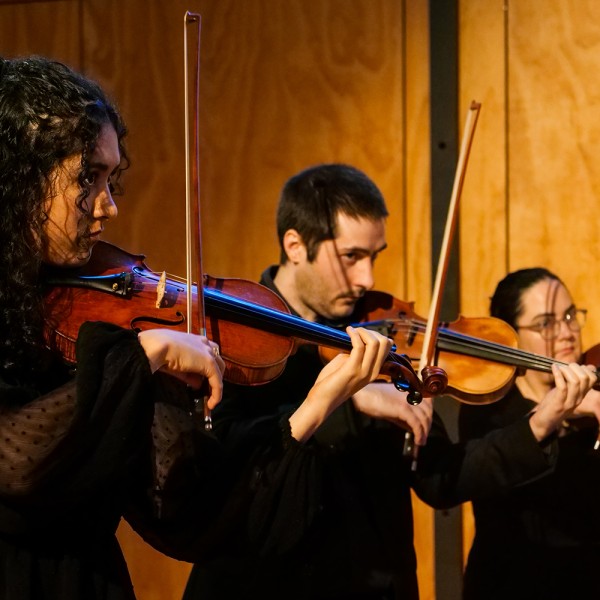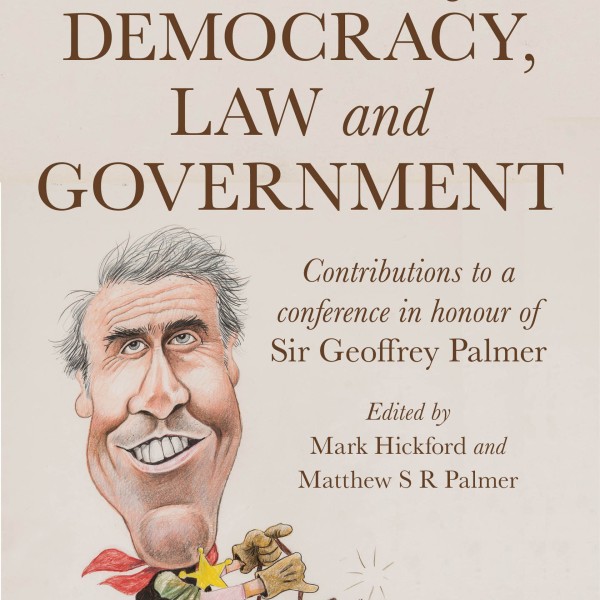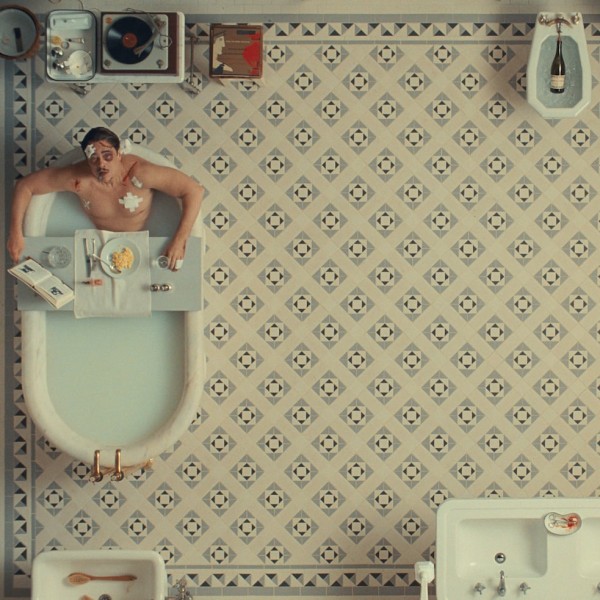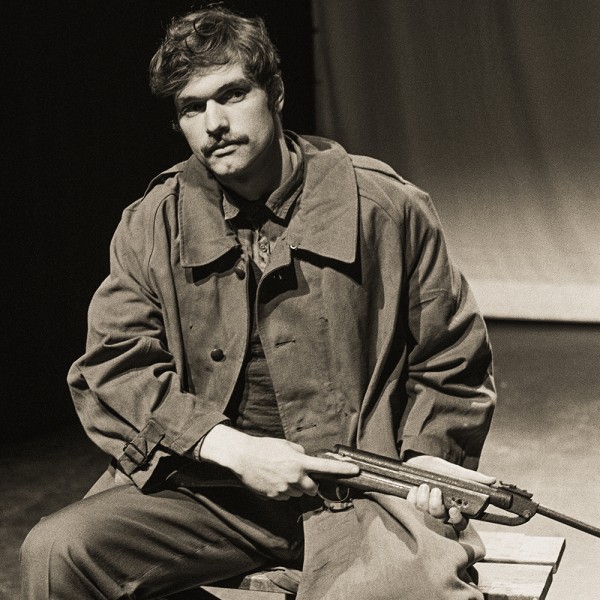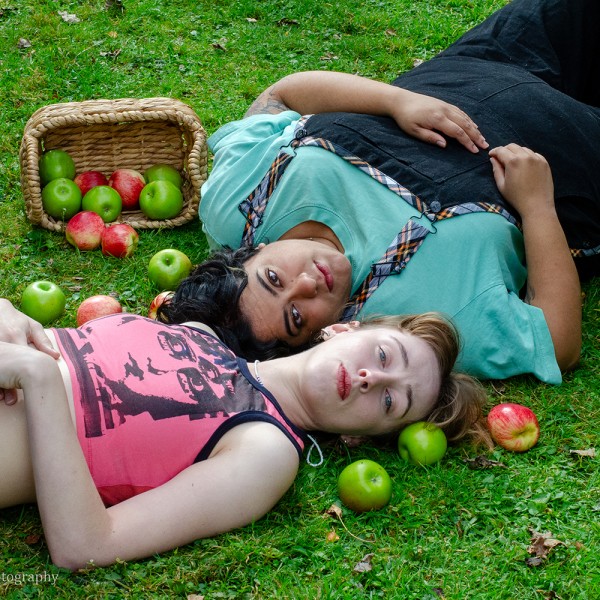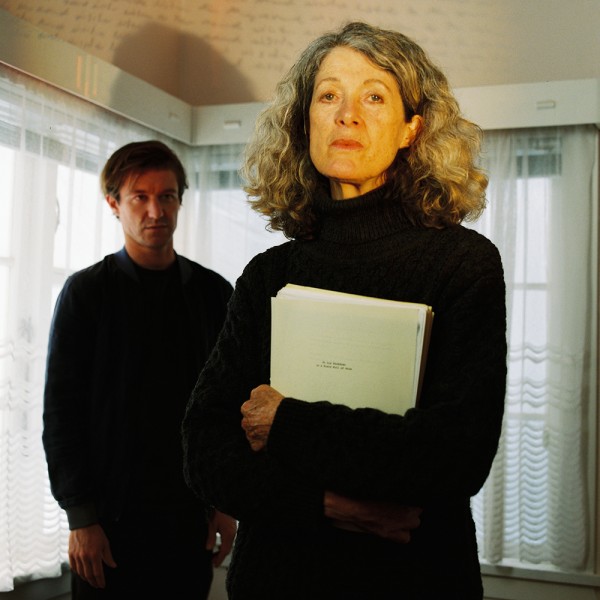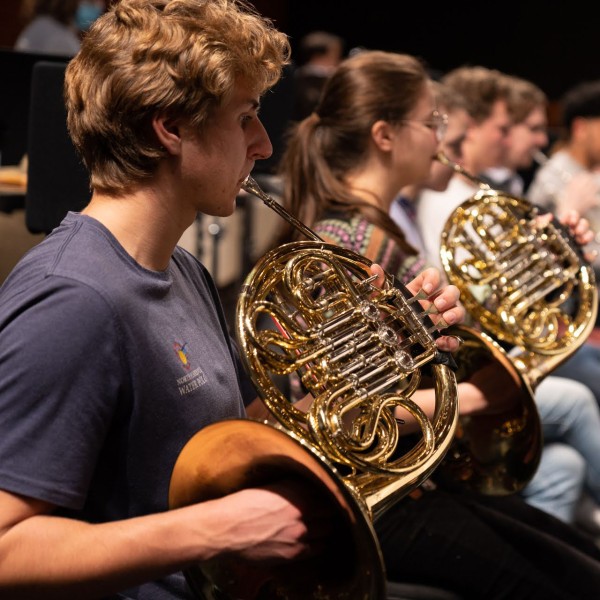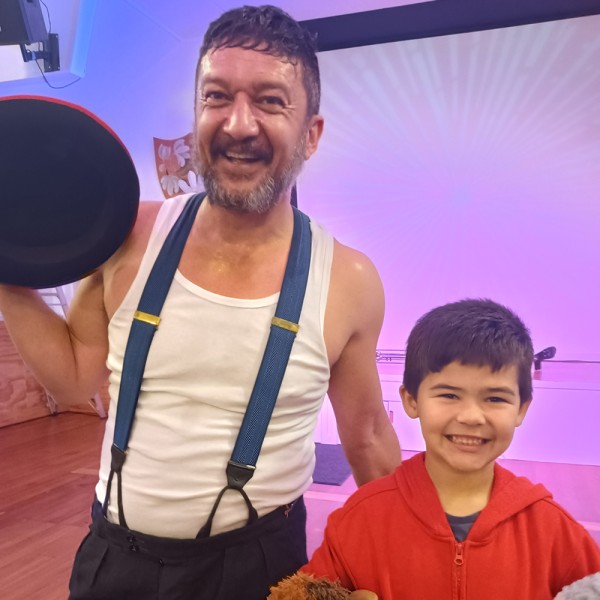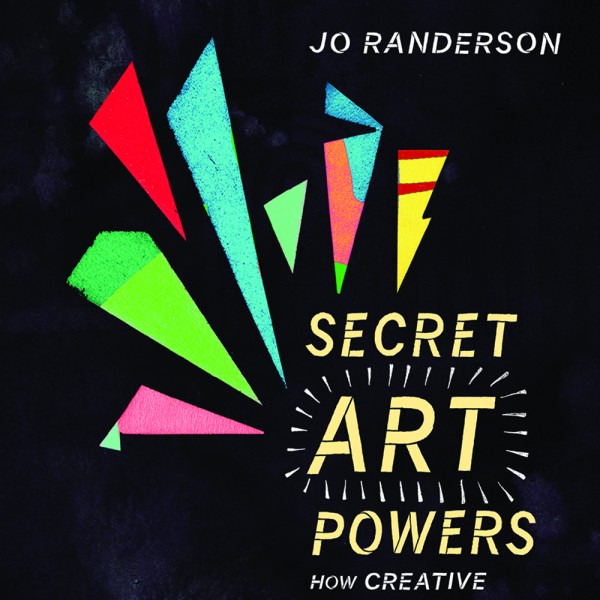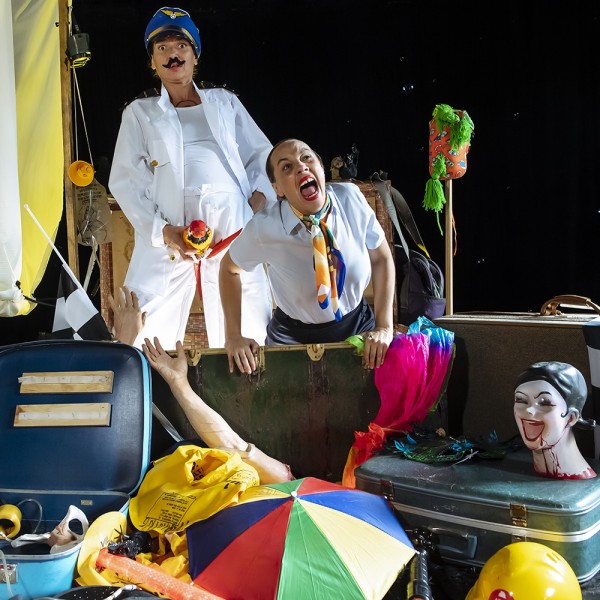
Enchanted: Stravinsky, Dukas & Mussorgsky
Presented by: New Zealand Symphony Orchestra
Conducted by: André de Ridder
Michael Fowler Centre, 8th Aug 2025
Reviewed by: Tamsin Evans
Wellington’s weather lined itself up perfectly for the opening concert of the NZSO’s 2025 Rumakina Immerse Festival, although the title of Modest Mussorgsky’s Night on Bald Mountain could be an understatement for the state of the streets on a cold, wet, windy night in August. The violins, brass, and percussion set up the witches’ sabbath gathering, shrieking and howling most convincingly before eventually resolving into an uneasy peace, led by clarinet and then the flutes. Later, when we left the Michael Fowler Centre the wind and rain had eased off, perhaps just in time for the Cuba Street partygoers heading out to meet the witches turning for home.
Domestic magic was very much the theme for the next item, Paul Dukas’ The Sorcerer’s Apprentice. The opening theme sounded like there were cobwebs in the corners and the apprentice was taking an extended break. The pace picks up as the boy gets to work and when the bassoon and glockenspiel play off each other, you know the magic has been instilled into the broom. Made famous by Disney’s Fantasia, the music is terrifically visual for anyone who knows the film. For anyone without the mental images, the orchestra did a fine job of portraying the mayhem and panic as the broom gets out of control.
A more powerful magician is at work in Igor Stravinsky’s Petrushka, bringing puppets to life. The innovation in Stravinsky’s composition is evident from the start. Early sounds of dissonance are later fully realised as the composer uses two unrelated keys to show the dual natures of a puppet who has been made to live. The flutes and trumpets combined well to lead us into the seduction of the Ballerina. The orchestra responded to the direction of conductor André de Ridder (announced as the new NZSO music director from 2027) with nicely balanced accents and intensity conveying action, colour, and all the drama of Petrushka’s life and death.




